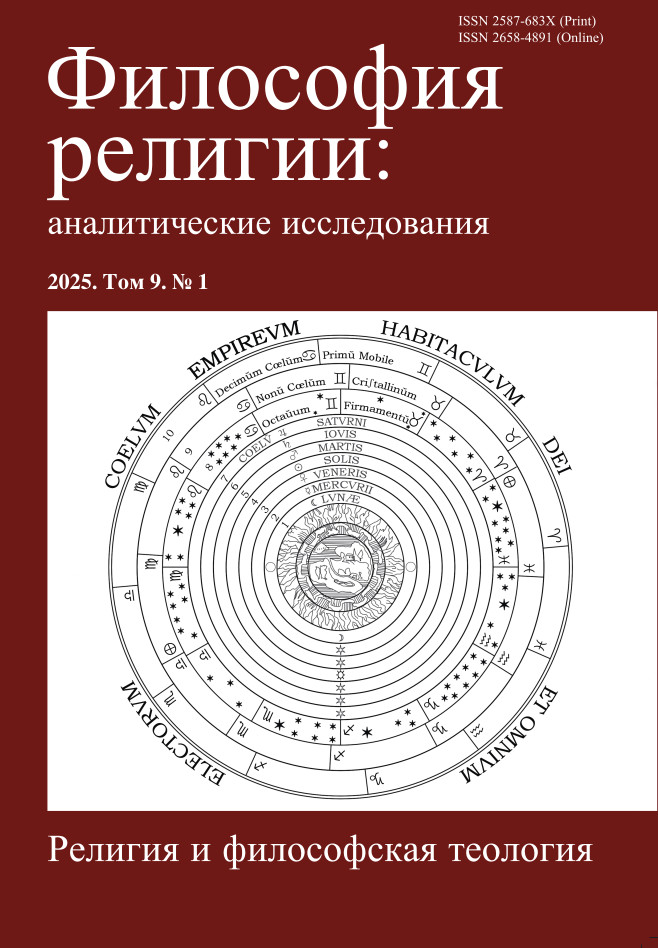Metaphysical Discourse in Contemporary Orthodoxy: Distinction of Essence and Energies
DOI:
https://doi.org/10.21146/Keywords:
philosophical theology, Orthodox convertism, essence and energy, palamism, Augustin, ontology and epistemology, religious experienceAbstract
The book of D. Bradshaw is examined in relation to his earlier monograph on the same subject – the distinction between essence and energy, presented as a key problem of Christian philosophy and theology, with ongoing relevance to the dialogue between the two major traditions of world Christendom. The analysis identifies the genre and compositional differences between the two books, as well as the conceptual evolution of the author’s thought over a significant period of time. Despite the author’s commitment to a strictly academic framework, his confessional orientation inevitably influences his work, albeit unintentionally. The study argues that the nature of the subject matter itself renders such boundary transgressions unavoidable and methodologically justified in some respects. The analysis further proposes a synthesizing framework for understanding the overarching content of Bradshaw’s project, structured into three distinct stages: 1) the Eastern historical trajectory of the problem, explored philosophically – from Plato and Aristotle through Plotinus and Proclus – and theologically – from the Apostle Paul to Gregory Palamas; 2) the Western historical trajectory – from the earliest Latin translations of the New Testament to the high Scholasticism with special attention to Augustine and Thomas Aquinas, and extending to Luther; and 3) the modality of the procedure for distinguishing between essence and energies, which is analyzed through a tripartite combination of ontological, epistemological, and empirical approaches.

 This work is licensed under a
This work is licensed under a 
